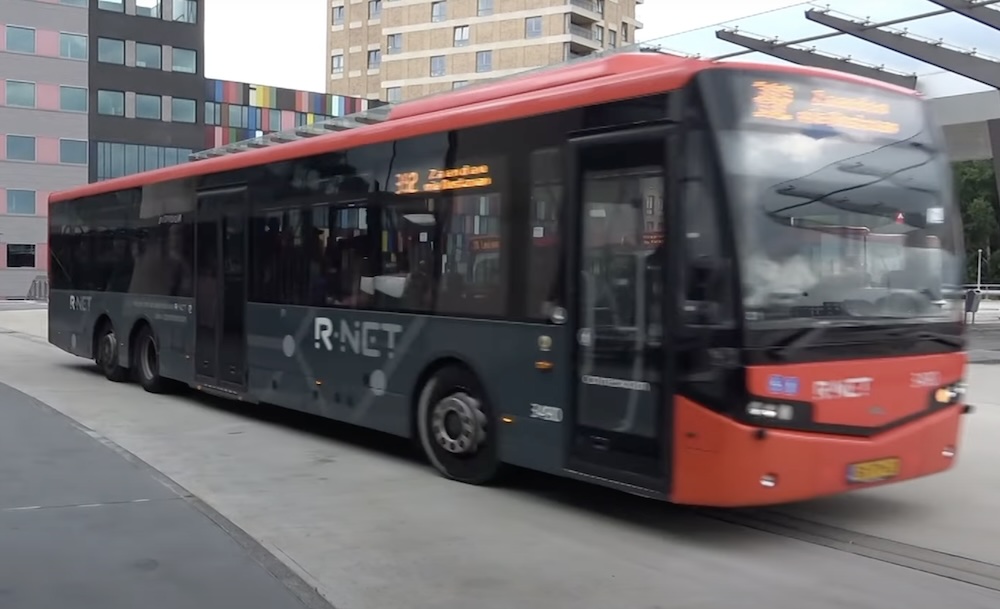The trade union FNV emphasizes that the current public transport system in the Netherlands is plagued by an incessant drive for efficiency and cost savings.
Trade union FNV has expressed its support for an initiative bill from PvdA/GroenLinks, which aims to give provinces the opportunity to independently organize regional transport, without the current mandatory tenders. This step by FNV follows the ongoing problems in public regional transport, with the situation in the Zaan region as a striking example.
The core of the problem, according to FNV, lies in the current system, which relies heavily on efficiency and cost savings. Marijn van der Gaag, director of FNV Streektransport, explains that the pursuit of cost savings often outweighs investing in additional connections. This leads to the faster cancellation of unprofitable lines and the deterioration of driving and rest times for drivers, resulting in a sky-high workload.
"The core of the system is not correct," says Marijn van der Gaag, director of FNV Streektransport. 'Cost savings often yield more than investing in additional connections. Carriers are thus incentivized to more quickly eliminate unprofitable lines and worsen the driving and rest times of drivers. This creates a sky-high workload.'
Marijn van der Gaag, director of FNV Streektransport
The bill proposes that provinces, just like the major cities of Amsterdam, Rotterdam, The Hague and Utrecht, are given the freedom to arrange regional transport themselves through their own public transport company. Currently, local authorities are obliged to tender these services publicly.

According to Van der Gaag, there is still a long way to go. 'But for now the following applies: stop the demolition, make the countryside more accessible, with a reliable timetable, with affordable fares.'
FNV believes that this change will in many cases lead to better public transport. By joining forces, provinces can jointly bear the financial risks. This would improve accessibility to rural areas and provide a more reliable timetable with affordable fares. Moreover, FNV presents the 'White Paper on Regional Transport' to the House, which contains recommendations for the short and long term improvement of regional transport.
This proposal comes at a crucial moment, in which public transport in the Netherlands faces challenges in terms of efficiency, affordability and accessibility. The idea that provinces play a greater role in the organization of regional transport could mark a turning point for the future of public transport in the Netherlands, especially in less urban areas where the need for reliable and affordable transport is high.




